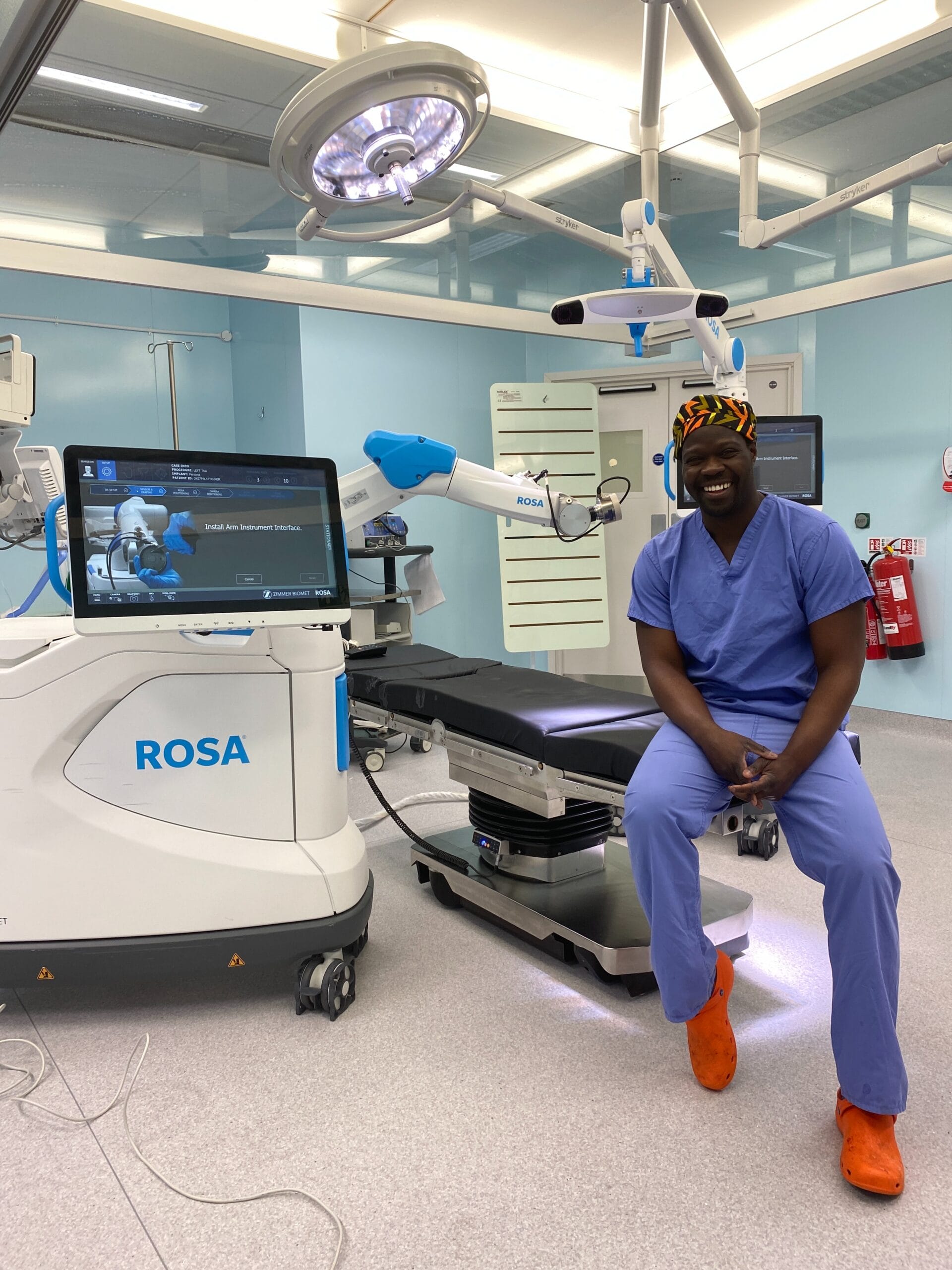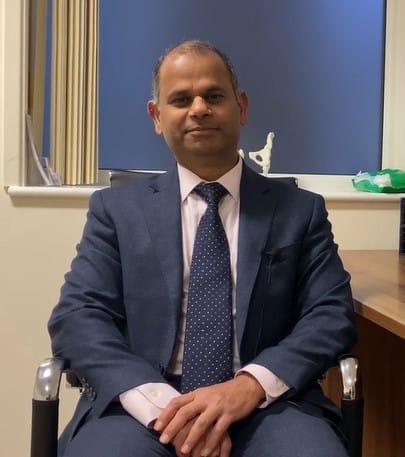Injury recovery can be mentally and physically frustrating, particularly when the healing process is drawn out and interferes with everyday life. Many people who have become reliant on exercise as part of their weekly routine often experience emotional difficulties after an injury as it stops them from doing what they love.
A variety of advice can be provided depending on the degree and area of injury, but there are several general points to remember during the recovery process.
1. It’s OK to ask for help
If your injury has altered the tissue both neurologically and mechanically, for example, a hamstring tear, seek advice from a physiotherapist who will perform manual therapy and discuss the best exercises to try at home. Eventually, you should gain an insight into how to manage your recovery at home and the best goals to set yourself over a realistic timeframe. The advice given will be tailored to your injury which will be invaluable for a quick recovery, for example, injuries like mild sprains and strains in the knees follow a set of stages, sometimes referred to as RICE: rest, ice, compression and elevation.
2. Pain management: ice vs. heat
A common query people ask after an injury is whether to soothe muscle aches and pains with ice or heat. Applying heat to an area can be an appealing choice as it does soothe when it is in direct contact with the area, however, a combination of ice and heat can provide a long-term solution as part of a recovery programme. First apply ice to the area right after an activity or injury to reduce inflammation, followed by heat to relieve joint aches and pains, particularly in the early stages of recovery.
3. Assess your diet
Nutrition plays a major role in the speed and effectiveness of your recovery as malnutrition – a lack of a particular nutrient – can delay the recovery of a wound. Even if you are consuming enough calories, if those foods are processed or made up of a small number of food groups, you may suffer from the effects of malnutrition. Our bodies are wonderfully resilient and can cope with shocks well, however, this can create a false sense of health and wellbeing. Shop for foods that are high in Vitamin C (citric fruits, broccoli, tomatoes), Vitamin A (spinach, squash, carrots), Zinc (nuts, chicken, seeds), Protein (eggs, beans, lentils) and Omega 3 fatty acids (salmon, walnuts fish oil) to give your recovery a boost.
4. Don’t neglect your mental health
A physical injury is not only a shock to your body but also to your emotional state. When an injury creates a barrier to living your life to the full, getting back on your feet after a long recovery period can feel overwhelming. It is perfectly natural to feel low when an exercise routine is disrupted as you can experience a dip in endorphin and if you are cut off from a sports team, this can lead to feelings of isolation. The first step is to recognise these emotions and seek help either by talking about your experiences with friends or family or going to your GP if you experience continuous negative feelings for more than two weeks.
5. Take charge and slow down
Do not risk your recovery by overworking the problem area. While we stress that rehabilitative exercises play a part in the process, exercises should be slow and steady. We recommend seeking help, but it is also important to remember that you are ultimately in charge of your recovery, so if something isn’t working for you, tell your therapist or GP so that another course of action can be taken. Similarly, if you’re not ready to go back to work, discuss extending your sick leave or explore other ways to work that will suit you, for example working from home, rather than feel pressured back and risk another injury.
What makes Horder Healthcare unique
Horder Healthcare is committed to providing the very best quality of care for our patients and customers. We are continuously working on improving and reducing risks and this is reflected in our consistently high CQC results, patient satisfaction questionnaires and minimal levels of infection.
We are a charity
We reinvest our profit to benefit more people and help us achieve our aim of advancing health.






